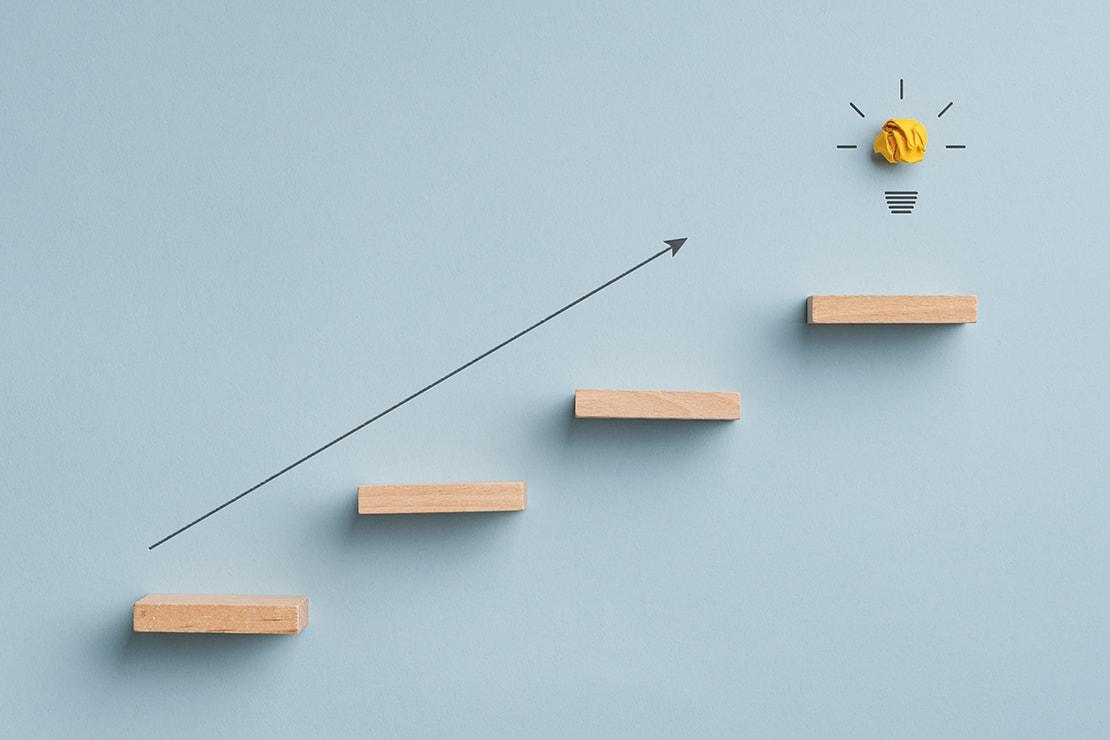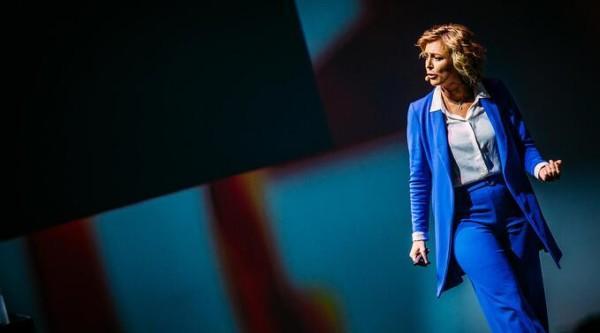31Aug2021
What are the cognitive biases that affect our thinking? How can you become more aware of your automatic thoughts and make better decisions?
Daniel Kahneman is an iconic psychologist and a co-recipient of the Nobel Prize for Economics in 2002 for his integration of psychological research into economic science. His pioneering work examined human judgment and decision-making under uncertainty. Kahneman is also known as the author of the legendary bestseller Thinking Fast and Slow.
Here, we briefly outline a few key thoughts by Kahneman in order for you to be aware of and consider a few cognitive biases to make better decisions.
1. Frequent Exposure
According to Kahneman, the more available the information is, the more likely we think it’s going to happen. In reality, information is disproportionately common or uncommon. This can cause us to misjudge situations and make wrong decisions based on faulty assumptions.
“A reliable way to make people believe in falsehoods is frequent repetition because familiarity is not easily distinguished from truth.”
This cognitive bias that psychologists call the mere-exposure effect requires us to slow down and think whether the option we automatically opt for is actually the best option or just the option we’ve been frequently exposed to.
2. Loss Aversion
This is something you might have heard of: we will work much harder not to lose something than we will to gain something. In fact, Kahneman’s research has shown that for the average person the pain of losing is psychologically about twice as powerful as the pleasure of gaining.
“Loss aversion is a powerful conservative force that favors minimal changes from the status quo.”
In practice, this means that we as humans are usually more willing to take risks to avoid a loss than to make a gain. Being aware of this bias can help you to overcome it and take risks to actually gain something.
3. Sunk-Cost Fallacy
With sunk costs, Kahneman refers to costs (e.g. time, money, effort) that you’ve put into something that doesn’t work. The difficulty is, that we often continue contributing to the sunk costs even though we know it doesn’t work. It’s easier for us to justify putting more time, effort, and/or money into the idea, business, or person than it is to come to terms with the fact that it was a failure.
“The sunk-cost fallacy keeps people for too long in poor jobs, unhappy marriages, and unpromising research projects.”
4. The Peak-End Rule
Kahneman explains that the peak-end rule is a psychological heuristic in which people judge an experience largely based on how they felt at its peak (the most intense point) and at its end. This means that we usually don’t have a comprehensive feel and memory of the average of every moment of a particular experience. We’ve instead summarized the experience based on the peak and the end of the experience. Our brains look back on our experiences through this peak-end rule, which can lead us to make false assumptions and bad decisions.
“The experiencing self does not have a voice. The remembering self is sometimes wrong, but it is the one that keeps score and governs what we learn from living, and it is the one that makes decisions. What we learn from the past is to maximize the qualities of our future memories, not necessarily of our future experiences. This is the tyranny of the remembering self.”
Bonus: Use Your Slow Reasoning System
A piece of advice that can help to confront your biases and make better decisions is simply to slow down.
Kahneman suggests that our brain is divided into two systems. The first system is our automatic system – the fast thinking system. The other system is the slow reasoning system. Inherently, we want to use the fast system as it takes less energy. But according to Kahneman, if we want to be rational and make better decisions we should aim into tapping into the slow, rational, analytical system.
So, slow down. Whether it’s through meditation, journaling, resting, unplugging, or whatever else, just see what works for you and slow down to harness your slow thinking to make better decisions.
Sources:
Thinking Fast and Slow by Daniel Kahneman
Anomalies: The Endowment Effect, Loss Aversion, and Status Quo Bias by Daniel Kahneman, Jack L. Knetsch, Richard H. Thaler

 by:
by: 
